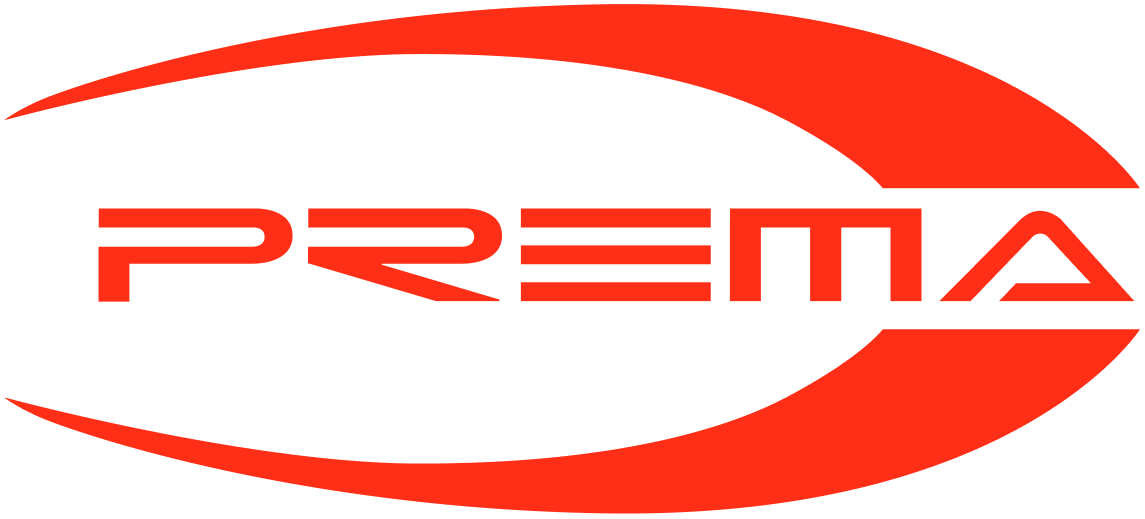Compressed air systems are complex machines that require regular, thorough maintenance checks and audits.
 Unfortunately, it can be easy to overlook a leak or forget to clean a filter.
Unfortunately, it can be easy to overlook a leak or forget to clean a filter.
Here are some top maintenance mistakes that can diminish your compressor’s efficiency, result in unnecessary wear, and cost you hundreds or even thousands in unnecessary expenses.
An average compressed air system loses some 30% of its total air production to leaks, and it’s not uncommon to see losses totaling up to half of the air produced. In fact, in a 100 psi system, a leak of just ¼ of an inch will pass nearly 100 cfm or, about 25 HP worth of compressed air. In a compressor running 24/7 at $0.07 kW, you could rack up $12,000 in losses in a single calendar year. It’s no wonder some of the highest cost savings can come from proper leak detection and repair.
Leaking can occur in pipe connections, breaches in hose or tubing or in valves, mating connections, and fittings, so it’s crucial to monitor all parts for potential leaks. Keep in mind that the effectiveness of leak monitoring also depends on proper settings of your compressor controls and installation of your air delivery components and, proper functioning of your air operated devices. Many leaks can be inaudible to your ear, so it’s prudent to hire a professional to audit your compressed air system for leaks using an ultrasonic leak detector. They are often skilled at identifying applications better served by alternative methods which can save big money on energy costs.
2) Ignoring Pressure Loss in Your Piping
Pressure drops and irregularities may occur at a number of points during the process of compression between air intake and end point. Pressure drops are most often a result of undersized piping and/or dirty filters and/or dryer sizing/technology inadequacies.
Small pressure drops are often inevitable, but pressure drops should be kept to a minimum. Often, a hose will be very long with a small diameter leading to large pressure drops that can cause an air tool to stall or bog down to an unacceptable performance. The rule-of-thumb is that for each additional pound of pressure needed to overcome the flow resistance, it corresponds to an increase of approximately 0.5% more input power to compensate - costing you more to run your air system.
To compensate for unexpected pressure drops, operators may be tempted to raise the system’s pressure. However, this leads to more expensive operations, so it’s not the best choice. Instead, assess the system for issues — paying particular attention to pipes and filtration systems — and replace or repair parts if needed.
3) Failing to Manage Condensation
Condensation occurs naturally during the cooling process, since all air carries some amount of water. However, moisture buildup can lead to a loss of critical lubrication in the pneumatic tools (if condensation washes out the oil), inconsistent product air quality, rust or debris excess in air, damaged circuits within your machine, overloaded air dryers, and damaged in-line filters.
As expected, condensation gets worse in high humidity, so the compressor’s environment should ensure a supply of cool, dry air. On a 60 degree day, a 200 hp compressor will generate approximately 50 gallons of condensation. Raise the temperature 30 degrees, and condensation multiplies by five.
To monitor condensation effectively, it’s necessary to drain your receiver tank periodically. Do not forget to rid the tank of air before eliminating moisture.
Your system could also suffer from excess condensation if your drains are clogged. Drains are designed to mitigate condensation, but when blocked by sludge, they can lead to further system damage.
Your compressor’s air filters will naturally accumulate debris and residue over time. Operators who fail to thoroughly clean these filters will see energy losses and lower volumetric air production. Many experts recommend checking your air filter after every system application.
If your filter appears to be very dirty, or if you have been operating your compressor regularly for six months and have not changed your filter, it’s time to replace it. Regularly cleaning your air filters and replacing them at least every six months can extend the life of your compressor and increase energy efficiency by using less energy to push air through.
Your intake vent experiences high pressure demands. Failure to periodically clean your intake vent can reduce its effective functionality as grime accumulates inside of it. This is especially likely to occur if you are working in a sandy or dusty area or if you are a woodworker. Debris in the air will undoubtedly wind up inside your vents.
Similarly, it’s critical to maintain your piping system, keeping it free of debris, rust, and other contaminants. If pipes are neglected, product air has a higher risk of contamination, since particles in the piping system can end up in your compressed air.
Further, the presence of contaminants leads to lower air pressure, thus reducing your system’s overall energy efficiency and raising production costs for you. Pipes should remove air from the top of the airline — if they don’t, contaminants will surely find themselves in your pneumatic tools and machinery.
Operators should also take necessary measures to regulate velocity, which can affect airflow contamination. In general, the velocity of pipes leading to your end point should hover around 50 seconds or less, while interconnecting pipes and main headers should maintain a velocity between 20 to 30 feet per second. You can calculate the velocity of your system by dividing the flow in cfm by the pipe’s compression ratio, dividing this number by the piping area, and finally dividing this number by 60.

Mattei offers a wide range of vane compressor models that perfectly meet the specific needs of the transport industry.

The reliability of Mattei compressors, the high quality standards of the delivered compressed air and the compliance with the industry regulations, make them ideal to be used in the healthcare and pharmaceutical industry.

Reduced operating costs, environmental sustainability and extreme purity of the air supplied make Mattei compressors suitable for all processes in the food industry.
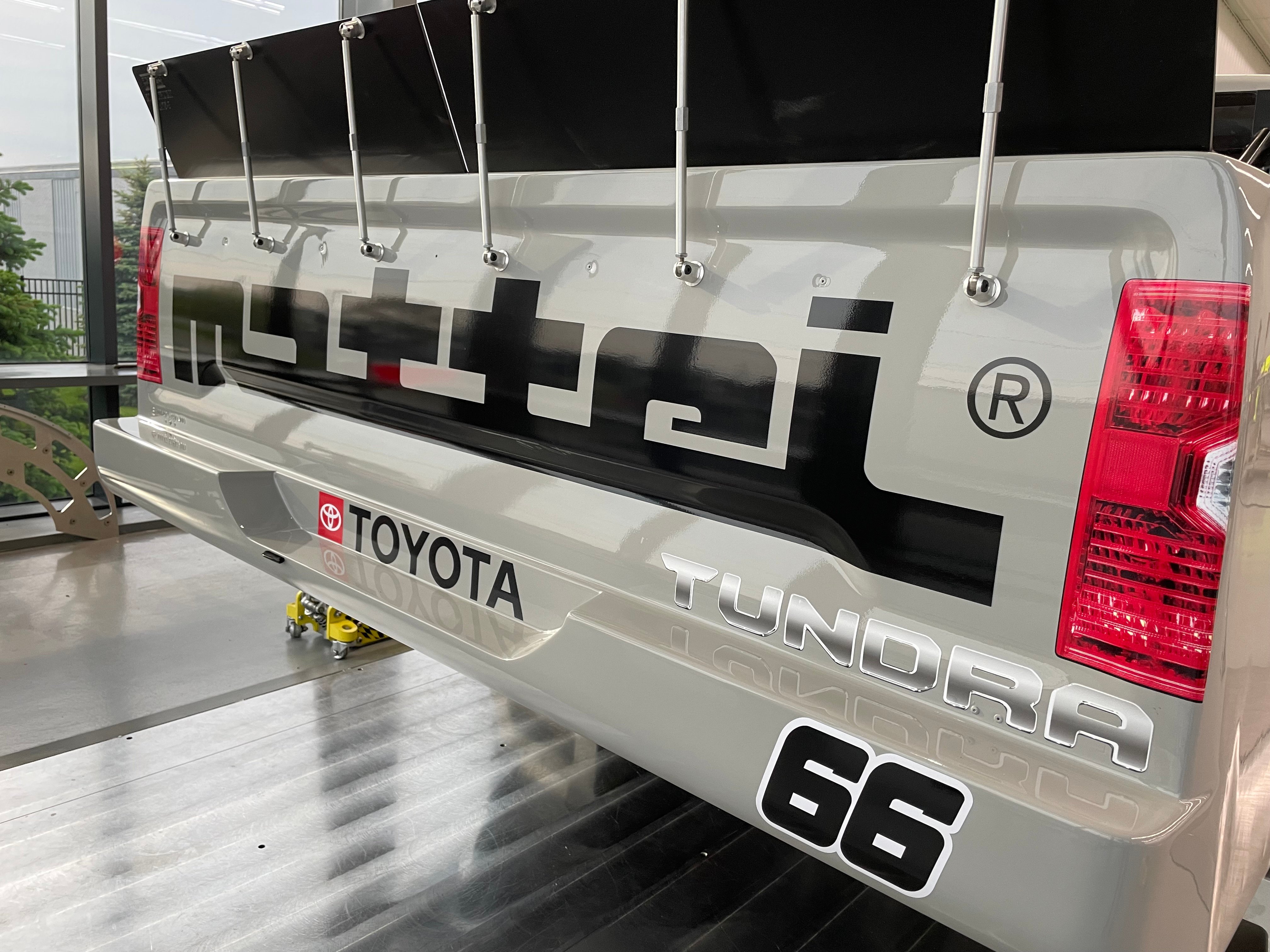
Good luck ThorSport Racing. Waiting to watch the racing!
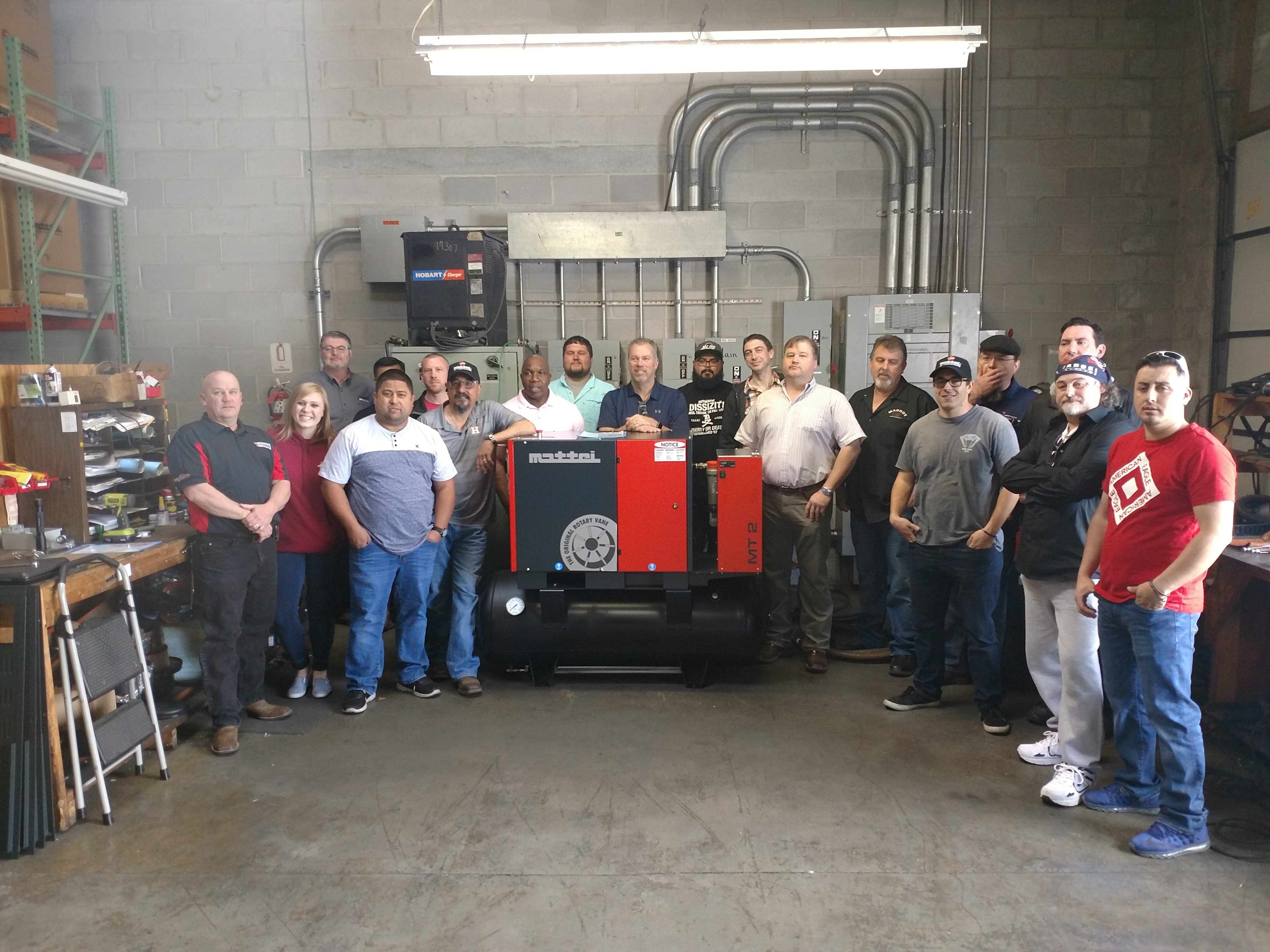
We recently held our Spring 2018 Service School for distributors. The school graduated 17 participants from both the sales and service sides.

Today, Mattei Compressors, Inc., announced the recipients of its 2017 Distributor Awards. These distributors went above and beyond to provide high-quality service to Mattei customers over the past year.
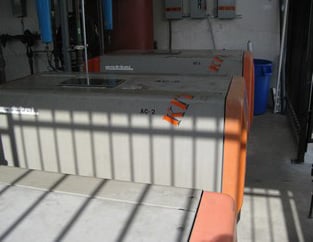
Helix Medical, LLC is widely regarded as a premier supplier of biocompatible silicone medical devices and components to the medical device, pharmaceutical and biotech industries.
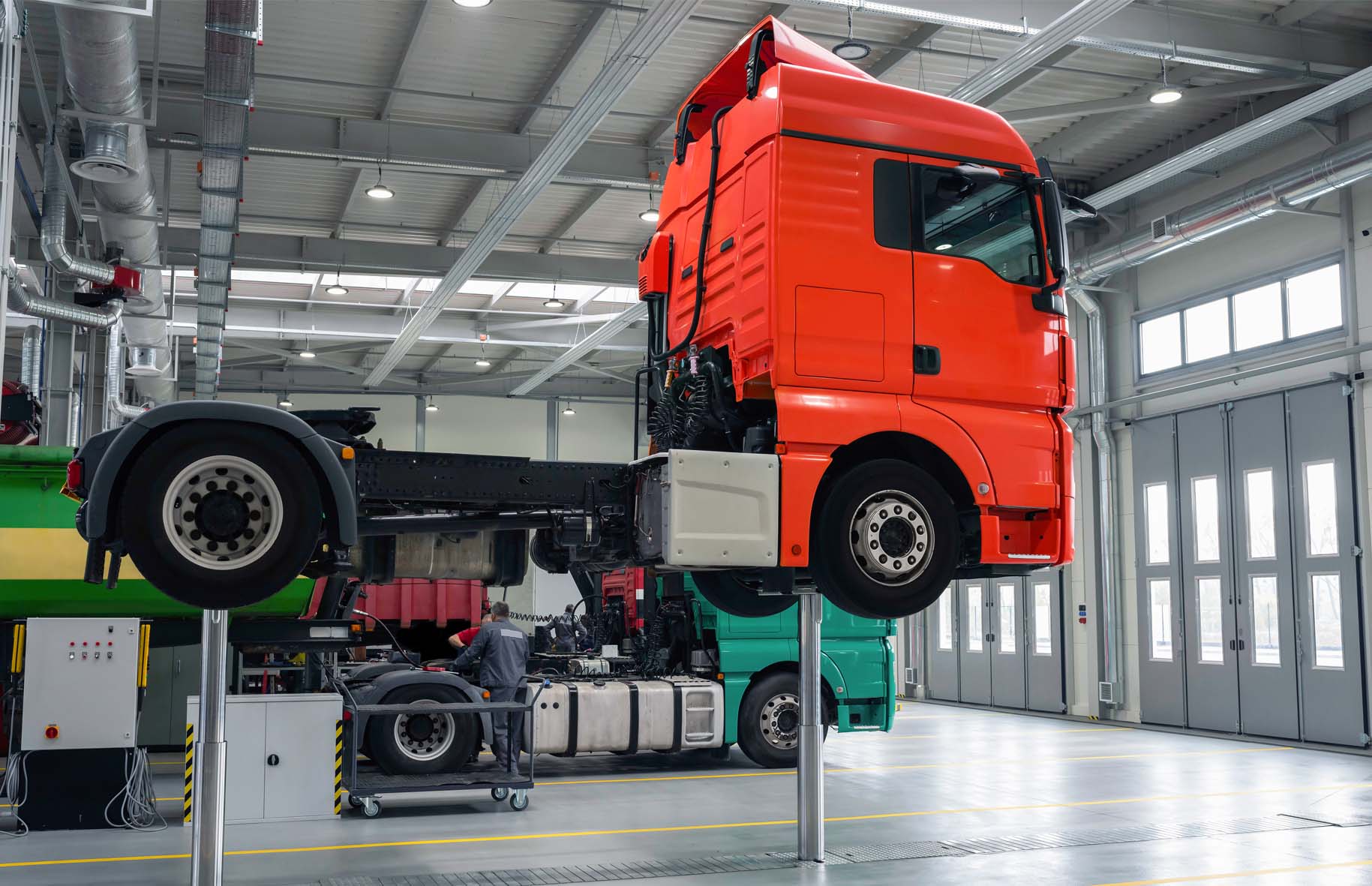
John Baker Sales, a Mattei distributor located in Colorado, worked very closely with Transwest to ascertain the company’s needs prior to making a product recommendation.

